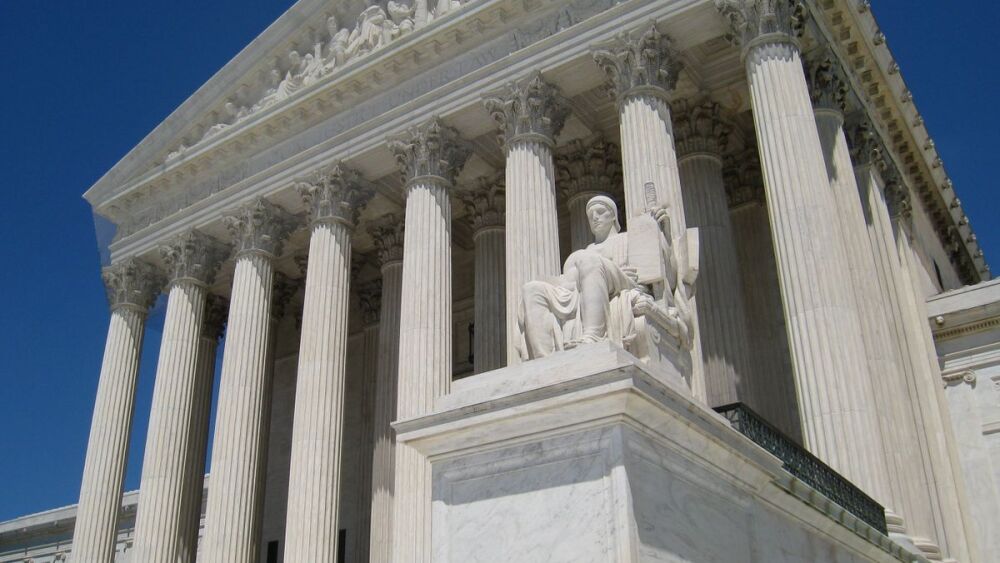By Leonard Greene
New York Daily News
NEW YORK — A Brooklyn man falsely arrested in a child molestation case will finally get his day in court after the U.S. Supreme Court paved the way for him to sue the NYPD even though his case was dismissed.
Postal worker Larry Thompson was wrongly accused of sexually abusing his newborn daughter in 2014 and was arrested when he refused to let police in his home without a warrant.
Thompson said cops barged into his Lincoln Place home and handcuffed him after a brief scuffle. The baby was taken to a hospital for evaluation, but the only marks on the child turned out to be diaper rash.
Thompson was charged with resisting arrest and kept in jail for two days. The prosecutor then dropped the charges, and the judge dismissed the case without explanation.
Thompson sued the city, the NYPD and the arresting officer, claiming he was the victim of a malicious prosecution that violated his constitutional rights.
He prevailed before a federal trial judge, but the U.S. Court of Appeals for the 2nd Circuit ruled that such a claim can succeed only when a case ends with some affirmative indication of innocence.
The Supreme Court of the United States disagreed, allowing Thompson to proceed with his lawsuit.
[RELATED: SCOTUS year in review: Decisions on qualified immunity and Fourth Amendment seizures]
“The question of whether a criminal defendant was wrongly charged does not logically depend on whether the prosecutor or court explained why the prosecution was dismissed,” Justice Brett Kavanaugh wrote for the court’s majority.
The 6-3 ruling clarified the “favorable termination” rule in civil claims seeking damages against police and prosecutors for constitutional violations.
The rule requires the plaintiff show “favorable termination” — meaning the criminal proceedings were terminated in favor of the accused who later sues.
But the high court’s ruling now means a criminal proceeding that ends without a conviction is an outcome that favors the accused.
Thompson’s lawyer, Cary London, said the ruling was not only a big win for his client, but a huge victory for civil rights and the Fourth Amendment.
“No defendant’s ever going to say, ‘I want a better dismissal,’” London said. He added that Thompson was thrilled about the ruling.
“He knows the wheels of justice turn slowly but he is excited for his day in court again,” London said.
A spokesman for the city’s Law Department declined to comment on the ruling.
According to court records, the relative who accused Thompson of child abuse had a history of mental illness.
“The government is well equipped under the Constitution to further its interest in protecting children from abuse without violating the rights of innocent parents,” John Bursch, senior counsel of Alliance Defending Freedom, said in a statement.
“The Fourth Amendment is designed in part to prevent vulnerable families from suffering these harms, while still allowing child-welfare officials to continue their critical work to protect children from true abuse and neglect.”
©2022 New York Daily News. Visit at nydailynews.com. Distributed by Tribune Content Agency, LLC.


